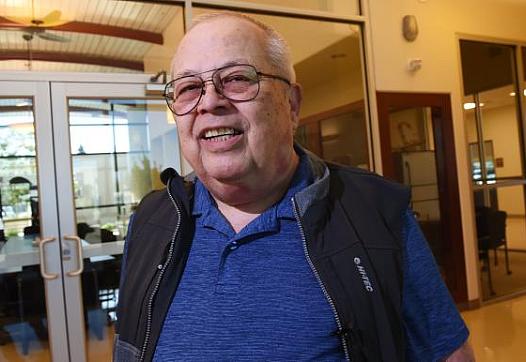
Infant mortality rates remain stubbornly high for Native Americans despite federal programs created specifically to provide health services to the indigenous population.

Infant mortality rates remain stubbornly high for Native Americans despite federal programs created specifically to provide health services to the indigenous population.
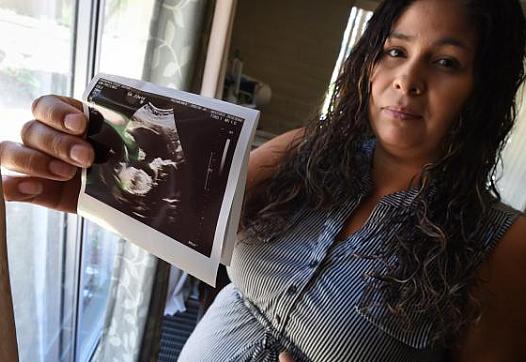
Sylvia Valenzuela was in bed and violently ill during the middle of a difficult pregnancy when she was told by Medi-Cal that it was dropping her coverage. Months later, she got a call from the agency saying it had made a mistake.

Starting in January, Californians will be required to sign up for health insurance or face a $695 tax penalty under the new state mandate....
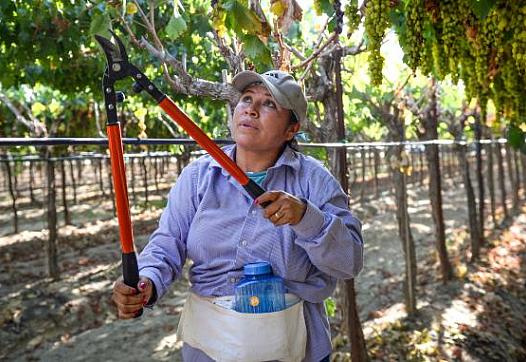
Ineligible for Medi-Cal but unable to afford private insurance, Judit Garcia has made lifestyle changes to manage prediabetes. But it's no substitute for ongoing medical care.
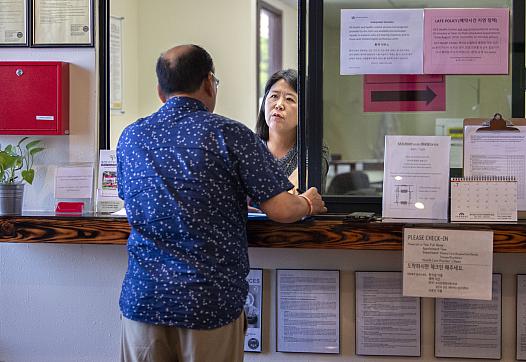
While legal residents have increasingly found insurance coverage through the ACA, the picture remains bleak for the large number of undocumented Korean Americans living in California.

Lawyers fighting the ban say the “new requirement rewrites our immigration and health care laws” and will affect the entry of up to 375,000 individuals each year.

Nearly four out of 10 uninsured residents say cost is the major reason they go without health coverage, according to new survey results
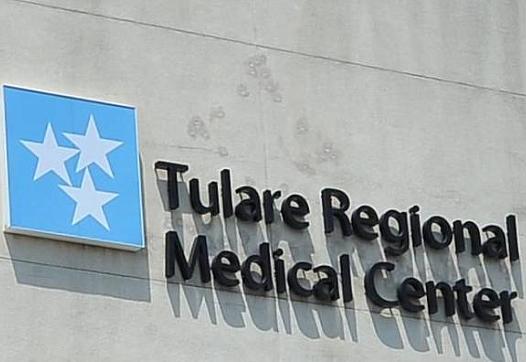
A truck driver’s battle over bills for emergency care and lab tests shines a spotlight on failure of nonprofit hospitals to offer uninsured patients “charity care.”

Direct Primary Care allows patients to pay a membership fee for basic health services, but it does not include coverage for major medical situations

Uninsured Californians have traditionally had few options when a mental health crisis strikes, but advocates throughout the state are working to change that